BREAD IN THE WILDERNESS: Lent’s Journey
Some would even ask if ‘Lent’ is even possible in our overtly secular society, I think it is and I believe the challenge of the ‘wilderness’ is well worth the struggle.
Most church folks view the secular world as a threat. Quickly defined, it means that the ordinary social and political activities of a society ought to be free of any religious influence. Usually secularism keeps a low profile but we have just seen its head rise up in the debate over contraceptives and health care coverage for workers in religious affiliated institutions. If you followed it, it was a very good dispute over the role and limits of government, church, freedom, rights, faith and conscience to say nothing of the overt political power of special interests and lobbying groups, most notably the church. The skirmish, of course was not over contraception but about government-mandated policies that countermand the moral and ethical principles of one segment of society. Church folks generally see this as a sinister byproduct of the secular society we have created over the past several generations. We hear some politicos and ‘would be’ presidential candidates speak of secularism as if it were the modern-day bogeyman to be feared by people of faith. True enough, secularism does call for a radical individualism and it does promote a politically correct moral relativism that should inform and guide social behavior. It is equally true that in our American culture this ‘world view’ drives economic, political and religious and public policy – but is it really the fearsome bogeyman?
Why can’t we treat the secularism that touches upon the questions and hopes of modern believers as less a threat than an opportunistic challenge? As products of the combined forces of individualism and mass media social networking can we really take on a ‘wilderness experience’ that was so craftily designed in a decidedly different era? I would argue that both the modern Christian and our secular society must adapt to one another. Like it or not, this is the society we live in, it is of our own making and in all likelihood it isn’t going to change that much. We should be able to find in it the opportunity to ask and answer our own deep and eternal questions.
In seeking answers, we are inundated with assorted philosophies; from classicists like Confucius and Plato, thru the modern Marx, Darwin and Freud and the contemporary Illich and Chomsky to the futurists Gidley, Ling and Al-Rodhan, all of whom attempt to explain a unique set of human anxieties and fears. As orthodox believers in the modern secular world, we should be comfortable confronting the doubts and aspirations expressed by these and other thinkers.
In our confrontation with ultimate questions we are not asking for some pietistic less confrontational alternative ideology. Instead of some futile attempt to control personal thought we seek acknowledgement that our individual, personal crises are real and inform how we live out our Christianity.
In the pre-modern church, we confronted ourselves in our sin, as our liturgical services make clear, now we must comfort each other awash in a tsunami of conflicting ideologies that abrogate sin, personal responsibility, conscience and judgment. As we join the modern secular conversation and meet modern people on their own level, we should feel free to find ourselves because we have first learned to seek ourselves. The ‘wilderness’ is our hunting ground.
The ‘wilderness’ lets us define ourselves not so much by doing something as by being someone. It’s not so much rejecting the secular culture that measures worth solely by what a person accomplishes as it is an embrace of the difficult and constant choice to live by our own innate values and ideals. Our journey in the ‘wilderness’ lets us discover our identity free from the external challenges of a consumerist culture obsessed with self-gratification and the fear of death.
At Lent, we choose to follow Christ into His wilderness, discovering and embracing new and different notions of hope, justice and love. Here, we realize what it means to be in the world but not of the world. In the ‘wilderness’ we are set free to discover our own true individuality: the freedom to know joy and experience the grief’s of this world without being subjugated by emotion.
In the ‘wilderness’ we can meet other people, places and ideas and humbly accept them as reflections of ourselves. In the ‘wilderness’ we can begin a conversation with the modern philosophers, the sociologists, the artists, the cynics, the skeptics, the anarchists and the storytellers who are trying to construct meaning out of our ordinary secular lives. The experience can help us discover and respect our own divinely created selves. See you in the wildernesses.
Blessings,
Fr. +Timothy
Online Donations
To make a secure, one-time or recurring gift for your Stewardship Pledge, Prayer Donations, and other donations , click the secure link above. For enhanced security and giving simplicity, create an account by clicking on the login/signup link in the top right corner after clicking the donate button above. May God bless you for your generosity!
